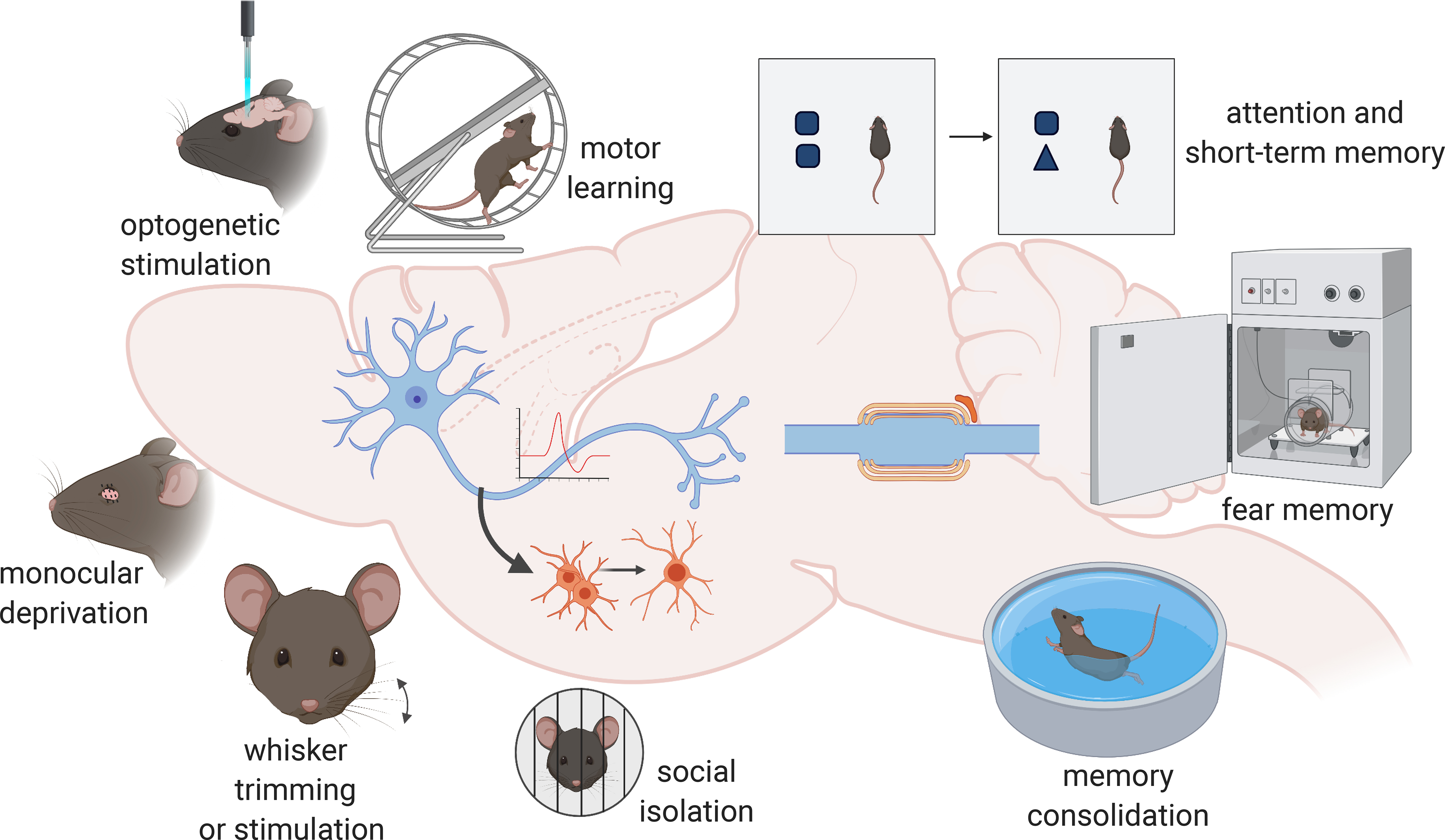Figure 2. Myelin adapts with changing neuronal activity and this plasticity is required for various brain functions.

Neuronal activity regulates myelin adaptations throughout adulthood, and this process is necessary for a diverse array of behaviors. Clockwise from top left: Optogenetic stimulation of secondary motor cortex projection neurons promotes OPC proliferation, oligodendrogenesis and myelination of the corresponding projections through the corpus callosum which in turn influences motor function. Motor skill learning requires new oligodendrocytes, and preventing OPC differentiation disrupts the ability of mice to learn to run on a complex wheel. Blocking the neuronal activity regulated-response of OPCs impairs short-term memory and attention function, and mice fail to discriminate between new and familiar objects. New oligodendrocyte generation is also necessary for fear memory and spatial memory function, because oligodendrogenesis mediates consolidation of memories. Social isolation causes myelin abnormalities in medial prefrontal cortex and disrupts working memory. Whisker trimming in rodents perturbs OPC proliferation and survival, whereas stimulation expands the myelination of associated barrel cortex. Monocular deprivation affects myelin remodeling specifically on parvalbumin neurons, adapting myelin to new neural circuit arrangements. Figure created in BioRender.
